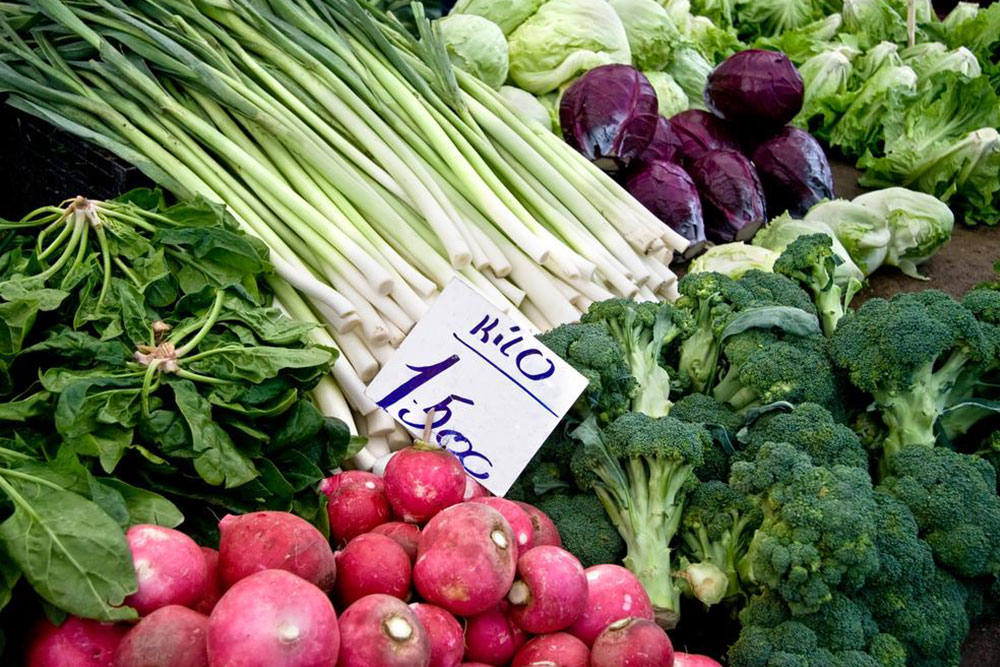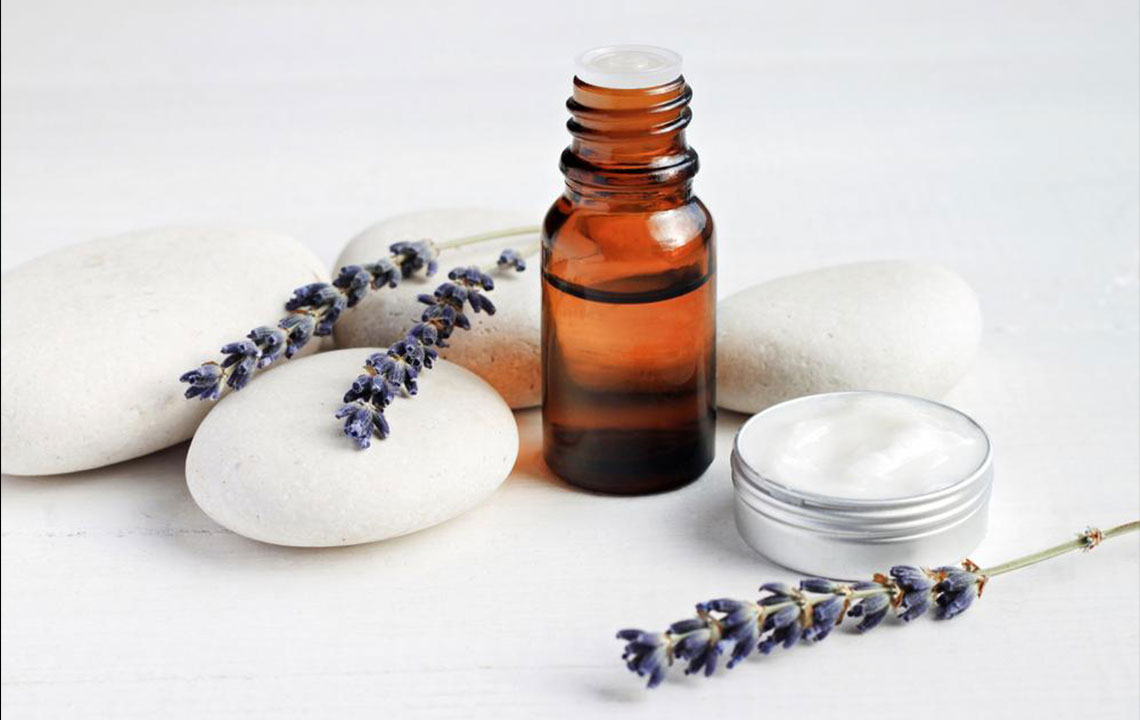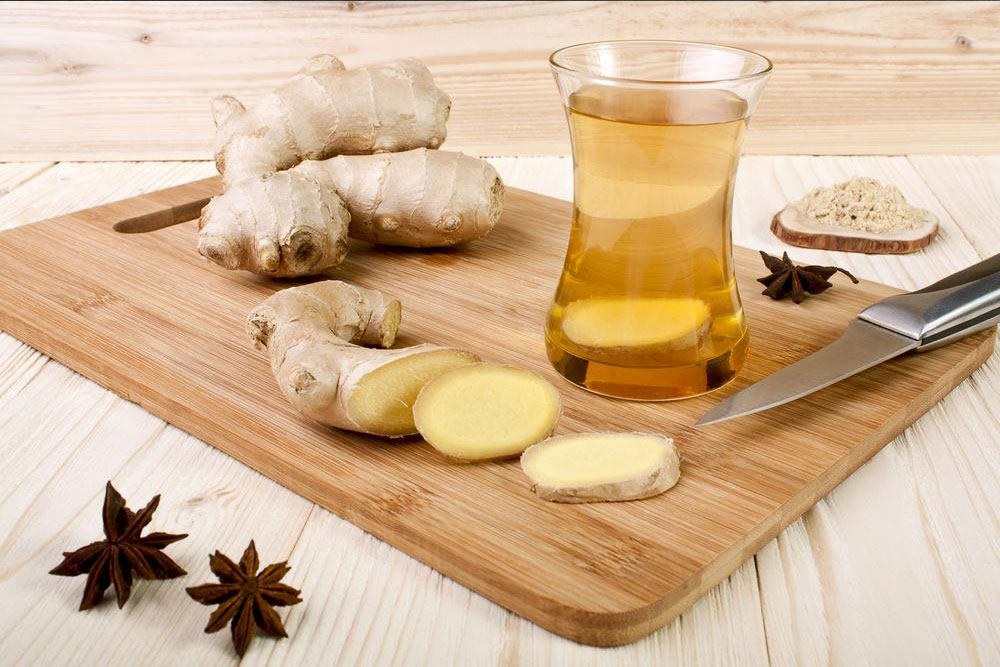Boost Your Immunity: Dietary Tips to Fight Cold and Flu
Discover effective dietary strategies to combat cold and flu symptoms. This guide highlights immune-boosting foods like garlic, honey, and soup, along with foods to avoid such as dairy and caffeine. Incorporating these tips can help speed up recovery, reduce discomfort, and strengthen your immune system during illness.
Boost Your Immunity: Dietary Tips to Fight Cold and Flu
Experiencing a stuffy nose, sore throat, or headache often indicates a cold or flu. Since their symptoms can overlap, a medical diagnosis is sometimes necessary to identify the illness. The flu tends to be more severe and may lead to complications like pneumonia. Both illnesses are viral and highly contagious. To promote recovery, consuming nutrient-rich foods can support your immune system during illness. Incorporating certain foods into your diet may help ease symptoms and speed up healing.

Chamomile Tea
Known for its antibacterial and calming effects, chamomile tea can help relieve discomfort from cold and flu symptoms. Its calming properties promote better sleep, which is crucial for immune support and fighting infections.
Turmeric
This vibrant spice contains curcumin, a potent anti-inflammatory compound. Curcumin can improve immune response and antibody production. Pairing turmeric with black pepper enhances its absorption—try mixing both into honey, smoothies, or soups.
Dried Tart Cherries
Rich in antioxidants and anti-inflammatory agents, dried tart cherries may reduce upper respiratory symptoms. They also contain melatonin, which aids sleep regulation—important for maintaining immunity.
Walnuts
Containing vitamin E, B6, copper, and folate, walnuts support immune health and help reduce stress-induced immune suppression. They can help improve mood during illness recovery.
Extra Virgin Olive Oil
This oil has antibacterial qualities and provides antioxidants that protect against inflammatory conditions. Using it in cooking can help soothe symptoms of cold and flu.
Soup
A warm bowl of soup offers dual benefits: the steam helps clear mucus, and the ingredients can combat inflammation, easing congestion and sore throat.
Garlic
Long used for its antimicrobial properties, garlic boosts immune function. Consuming aged garlic extract may help fight infections like cold and flu.
Raw Honey
With natural antimicrobial and anti-inflammatory effects, raw honey can soothe sore throats and suppress coughs. Manuka honey is especially beneficial for immunity and cough relief.
Ginger
This root offers anti-inflammatory benefits, relieving nausea and sore throat. Fresh ginger is preferable; drinking warm water with ginger supports hydration and symptom management.
Furthermore, to prevent symptom worsening, avoid certain foods:
Strawberries
High in histamines, strawberries can cause congestion and sinus inflammation.
Milk and Dairy Products
Dairy can thicken mucus, making coughs and congestion harder to manage. Full-fat milk, cheese, yogurt, and buttermilk should be limited during illness.
Coffee
Caffeinated drinks may dehydrate the body, worsening muscle aches and delaying recovery. Staying well-hydrated is key for immunity.
MSG
Found in processed foods, monosodium glutamate can trigger headaches and other symptoms; it's best to avoid it during illness.
Red Meat
Heavy, greasy meats can be tough on digestion when symptoms like nausea are present, so opt for lighter, easier-to-digest foods.
Soy Sauce
High in sodium and histamines, soy sauce may exacerbate congestion and dehydration, so it should be limited.










